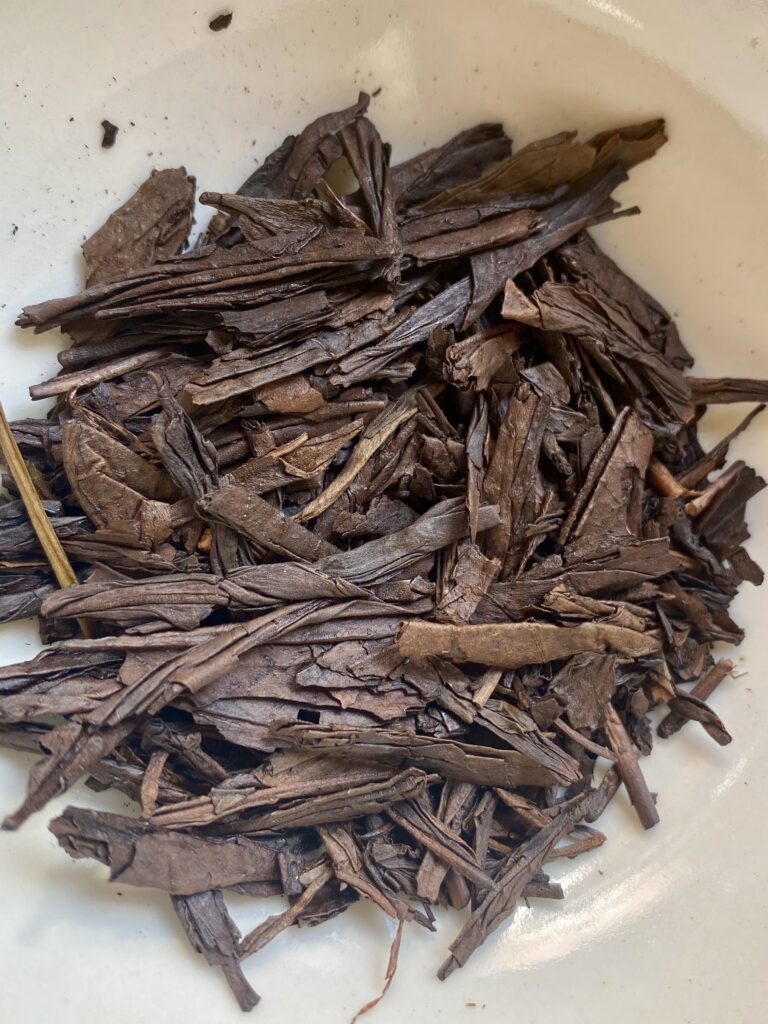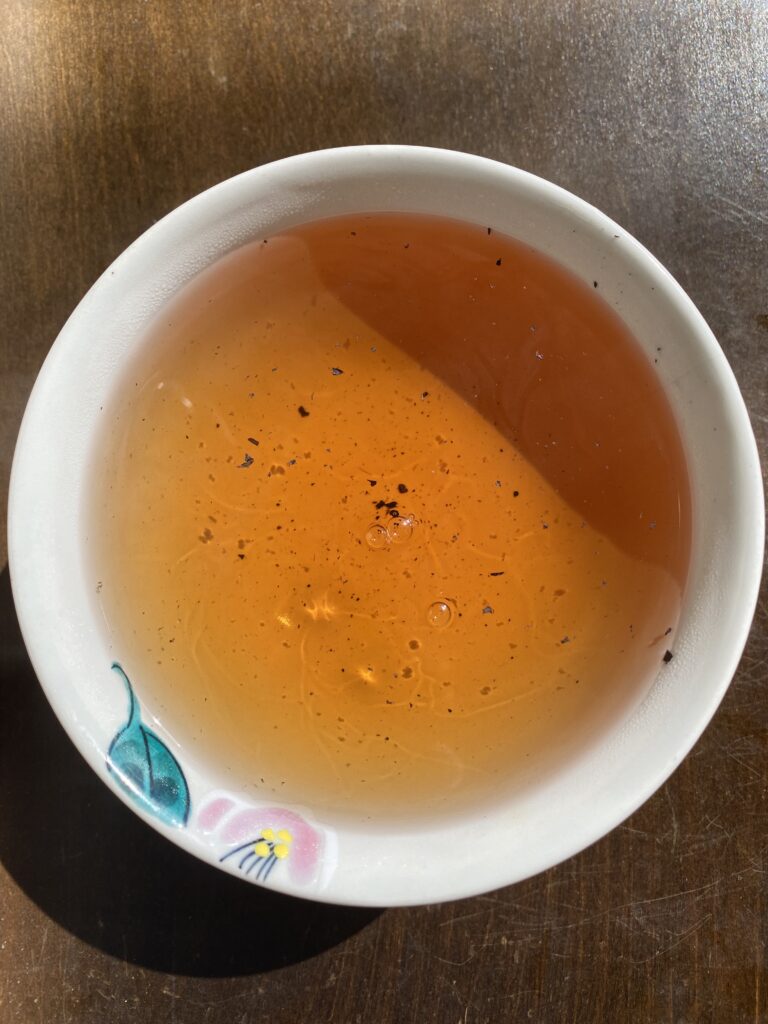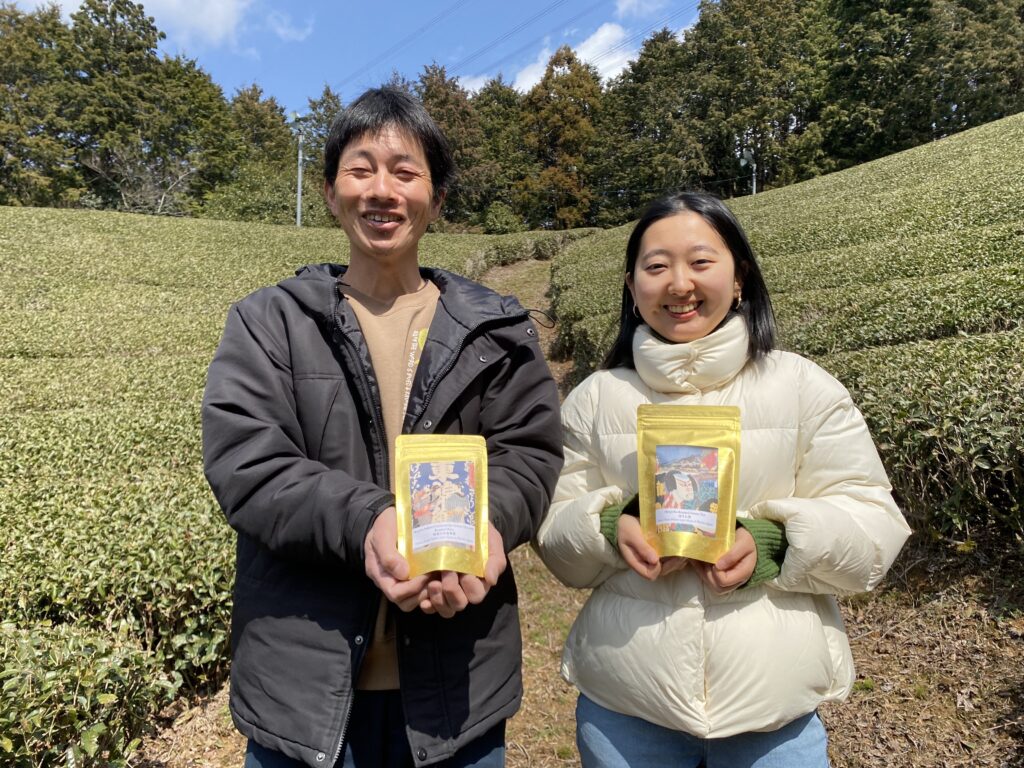If you’ve ever wondered “Does green tea have caffeine?” – you’re not alone! Green tea is one of the most loved drinks worldwide, offering a perfect balance of health benefits, taste, and energy boost. But just how much caffeine is in green tea? How does it compare to coffee or black tea? And what about those myths of green tea being caffeine-free? Let’s sip into this topic together!
Does Green Tea Contain Caffeine? The Short Answer
Yes, green tea does contain caffeine – but less than coffee and often less than black tea. So, if you’re looking for a smoother, gentler energy boost without the jitters, green tea is your best friend.
But how much caffeine are we talking about?
How Much Caffeine Is in Green Tea?
The caffeine content in green tea depends on several factors: the type of green tea, brewing time, water temperature, and whether it’s cold brew or hot. On average, a cup of green tea contains around 20-45 mg of caffeine per 8 oz serving. In comparison:
- Coffee: 95-120 mg per cup
- Black tea: 40-70 mg per cup
So, green tea has a more subtle caffeine kick than coffee or black tea.
Green Tea vs Black Tea: Which Has More Caffeine?
Green tea usually has less caffeine than black tea. Here’s a quick comparison:
| Type of Tea | Caffeine Content (8 oz cup) |
|---|---|
| Green Tea | 20-45 mg |
| Black Tea | 40-70 mg |
| White Tea | 15-30 mg |
| Matcha (powdered green tea) | 60-70 mg |
If you’re drinking matcha, however, the caffeine level shoots up because you’re consuming the whole tea leaf, not just an infusion.
Does Cold Brew Green Tea Have Caffeine?
Yes! Cold brewing green tea is a trendy and refreshing way to enjoy tea, and yes, it still has caffeine. However, the caffeine content is lower than in hot-brewed green tea because cold water extracts caffeine more slowly.
On average, cold brew green tea contains 10-20 mg of caffeine per cup. Perfect for hot summer days when you want a little energy boost without going overboard!
Houjicha: A Low-Caffeine Green Tea Alternative
Before we dive into the details, let me introduce you to a cozy, mellow star in the green tea world: Houjicha! If you’re looking for a lower-caffeine option, Houjicha is your best friend.
Houjicha is a roasted green tea made from mature tea leaves, which naturally have less caffeine than younger ones. The roasting process reduces the caffeine even further. This makes Houjicha perfect for:
- People who are sensitive to caffeine
- Evening tea drinkers looking for a warm, relaxing cup
- Anyone who loves a smooth, toasty flavor
Fun Fact: Houjicha’s gentle nature and rich, roasted taste make it a perfect choice for tea lovers of all ages!
👉 You can find my organic Houjicha straight from a small family farm in Kyoto (you can even see a picture of me and the farm owner, taken by his wife). It’s low in caffeine, smooth, and toasty – perfect for a cozy cup to unwind your day! 🌿



Green Tea vs Coffee: The Ultimate Caffeine Battle
We’ve all asked, “Green tea or coffee: which has more caffeine?” Spoiler: coffee wins.
- Green Tea: 20-45 mg per cup
- Coffee: 95-120 mg per cup
But here’s the cool part: Green tea contains L-theanine, an amino acid that works with caffeine to provide a calm, focused energy boost. No coffee jitters here!
What About Caffeine-Free Green Tea?
While most green teas contain caffeine, there are caffeine-free options, such as decaffeinated green tea or naturally caffeine-free alternatives like green rooibos tea. If you’re sensitive to caffeine, look for “organic caffeine-free green tea” labels.
Lipton Green Tea, Jasmine Tea, and Other Variants
If you’re drinking store-bought green tea, like Lipton Green Tea or Jasmine Green Tea, caffeine levels will vary:
- Lipton Green Tea: About 30-40 mg per cup
- Green Jasmine Tea: Around 20-45 mg
- Lipton Green Tea Citrus: Slightly lower caffeine at 25-30 mg
Always check the label if you’re curious!
Why Does Green Tea Have Caffeine?
Green tea naturally contains caffeine because it’s made from the Camellia sinensis plant – the same plant that gives us black tea, white tea, and oolong tea. The difference lies in the processing. Green tea leaves are steamed or pan-fried shortly after picking to preserve their freshness, which affects the caffeine content.
Matcha vs Green Tea: Caffeine Showdown
Matcha is green tea on steroids. Since you consume the entire powdered tea leaf when drinking matcha, it has significantly more caffeine – about 60-70 mg per serving, nearly as much as a cup of coffee.
If you want the caffeine kick of coffee with the health benefits of tea, matcha is your go-to!
Final Thoughts: Should You Drink Green Tea for Caffeine?
If you want a gentler caffeine boost with added health benefits, green tea is the way to go. It’s versatile (hot or cold), delicious, and gives you calm, focused energy without the jittery crash that coffee sometimes brings. Plus, with options like matcha, jasmine, and even cold brews, there’s a green tea for every mood!
And if you’re seeking a low-caffeine option, why not try Houjicha? It’s cozy, comforting, and waiting for you in my store! ☕
👉 Check out my organic Houjicha and Genmaicha – perfect for a relaxing tea break!
Bonus: Caffeine Content Quick Guide
- Green Tea: 20-45 mg per cup
- Black Tea: 40-70 mg per cup
- Coffee: 95-120 mg per cup
- Matcha: 60-70 mg per cup
- Cold Brew Green Tea: 10-20 mg per cup
- Houjicha: ~10-20 mg per cup
Now go brew your perfect cup of green tea – and enjoy that smooth, gentle buzz!